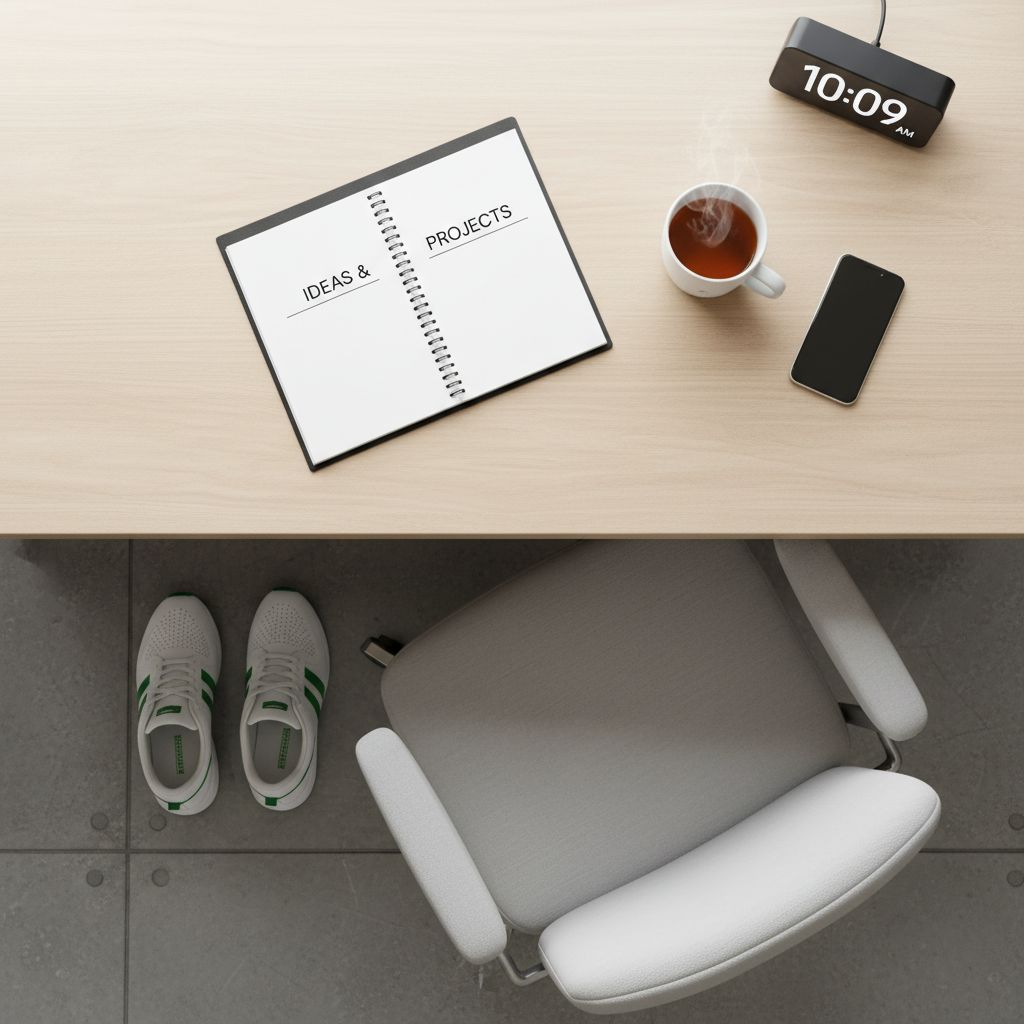You’re Not Broken—You’re Just Operating From Old Wiring
You’ve read the articles. Listened to the podcasts. Maybe even sat across from a therapist trying to make sense of your relationships.
But still, you’re stuck in a loop: giving too much, receiving too little, and quietly wondering:
“Is it me… or is it them?”
Let’s pause that blame cycle.
Let’s talk about what’s actually going on.
Codependency and Narcissism: The Two-Way Mirror
Licensed therapists and researchers increasingly recognize that codependency and narcissism often form a dynamic where both individuals are seeking to meet unmet emotional needs—just in very different ways.
While not official mental health diagnoses in the DSM-5, both terms are commonly used in therapeutic contexts to describe patterns of behavior rooted in early attachment wounds.
Simply put:
- Codependents often give up power to gain love or safety.
- Narcissistic personalities often assert power to feel safe or loved.
Both dynamics are not about character flaws. They’re protective adaptations from earlier life experiences.
What Is Codependency, Really?
The YDBG’s definition of codependency is
An addiction to taking care of others or working at the cost of your health due to moral obligations and/or feeling trapped by your responsibilities and values.
This doesn’t always look dramatic. In fact, it often hides in high-functioning, high-performing individuals.
Common Signs of High-Functioning Codependency:
- Chronic burnout and internal resentment
- People-pleasing masked as kindness
- Avoiding conflict to maintain peace
- Feeling overly responsible for others’ happiness
- Believing love must be earned through self-sacrifice
Why Insight Alone Isn’t Enough
Therapy and self-reflection are helpful and have their place, but insight doesn’t always create change.
Awareness without action often leads to insight fatigue. You understand the pattern, but you’re still in it.
To shift from codependency to self-worth, you need to repattern your nervous system, your habits, and your sense of identity.
Introducing the Possibility Triangle: A Practice-Based Framework
In our coaching community, we work with what we call The Possibility Triangle—a practice framework inspired by principles of somatic psychology and habit science.
It consists of three pillars:
- Faith – in your core worth, even before others validate it
- Trust – in a system that helps you measure your growth
- Surrender – to feedback, without shame, as a map to alignment
These pillars aren’t philosophical—they’re practical anchors for emotional transformation.
A Practical Tool: The Trust App
To support behavior change, we created a tool called the Trust App—a simple, measurable system for reinforcing self-worth through aligned habits such as: hydration, breathwork, movement, and reflection.
This isn’t about performance. It’s about making daily deposits into your own energy bank.
When you measure your deposits, you prove your worth—to your nervous system, not just your mind.
Shifting From Codependence to True Independence
Here’s the energetic law we teach:
Every choice either leaks power or restores it.
When you’re codependent, you give your power away—hoping someone will return it.
When you’re centered in principles and self-love, you restore that power—action by action.
This isn’t self-help jargon. It’s emotional sovereignty in practice.
Conclusion: Don’t Just Ask “Is It Me?”
Instead, ask:
“Am I living by principle… or performance?”
When you shift into principle-centered living, you’re not just healing a pattern.
You’re rebuilding your life around clarity, accountability, and self-respect.
Next Steps
If this resonated, here are a few ways to go deeper:
- Download the Trust App – Track daily actions that reinforce self-worth
- Book a free clarity call – Speak with a certified YDBG coach
- Take our Codependency Quiz – Identify your current patterns and get feedback
Final Thought
You’re not broken.
You’re ready to live differently.
And that’s more than enough to start playing.
Disclaimer
The Trust App is developed by our team at YourDay Balance Game (YDBG). It is not intended as therapy or clinical support. This content is not a substitute for medical or mental health advice. If you’re experiencing symptoms of depression, trauma, or emotional distress, please consult with a licensed mental health professional.







